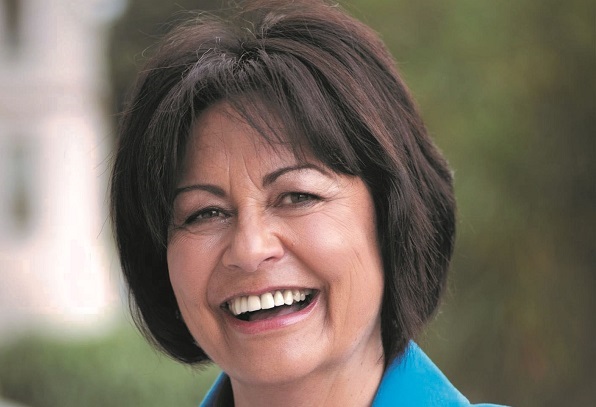
<h3>South Auckland’s Wesley College, previously under MOE scrutiny for poor academic performance, has been praised by the education minister for its much improved NCEA results.</h3>
<p>Wesley College in Paerata, near Pukekohe, has reported impressive improvements in NCEA pass rates for the past two years under new principal Steve Hargreaves.</p>
<p>Education minister Hekia Parata cited significant improvements in levels one, two and three – especially among Maori and Pasifika students.</p>
<p>In 2015, the school&#8217;s level one pass rate rose by 13 points, level two by nine per cent, and UE up by three per cent.</p>
<p>&#8220;Congratulations on your students&#8217; success. Their success is a demonstration of the strength of the school&#8217;s community, and the quality of the work done by your Board of Trustees, school leadership, teaching and support staff, students and their families and whanau,&#8221; she wrote.</p>
<p>Ms Parata said that achieving NCEA qualifications, particularly level two , opened up a wide range of <a class="wpil_keyword_link" href="https://www.schoolnews.co.nz/2015/10/developing-opportunities-at-school-with-a-view/" title="opportunities" data-wpil-keyword-link="linked" target="_blank">opportunities</a> for students through further study or employment.</p>
<p>Wesley College was established in 1844 and is the oldest secondary school in New Zealand.</p>
<p>It is perhaps best known for its sporting achievements with a number of students going on to achieve international sports fame.</p>
<p>In 1976, it became the first private school to integrate into the state system and today operates like any other state school, but under the government of a board of trustees.</p>
<p>Wesley College is a designated special character school based on its relationship with the Methodist faith, and has day and boarding facilities for both boys and girls.</p>
<p>Principal Steve Hargreaves welcomed the school being recognised for its academic achievements and not just its All Blacks.</p>

EXCLUSIVE: Teachers used to be paid two to three times more than minimum wage workers,…
After an “overwhelming” vote to reject the latest Government offer, secondary school teachers will begin…
Second-language learning should be compulsory, says a new report from a forum bringing together academics,…
A new entitlement aimed to improve access to learning support coordinators for schools with students…
Educators have raised questions about the Ministry of Education’s new secondary school subjects, set to…
Professional learning and development (PLD) for teachers needs to be higher impact for teachers and…
This website uses cookies.